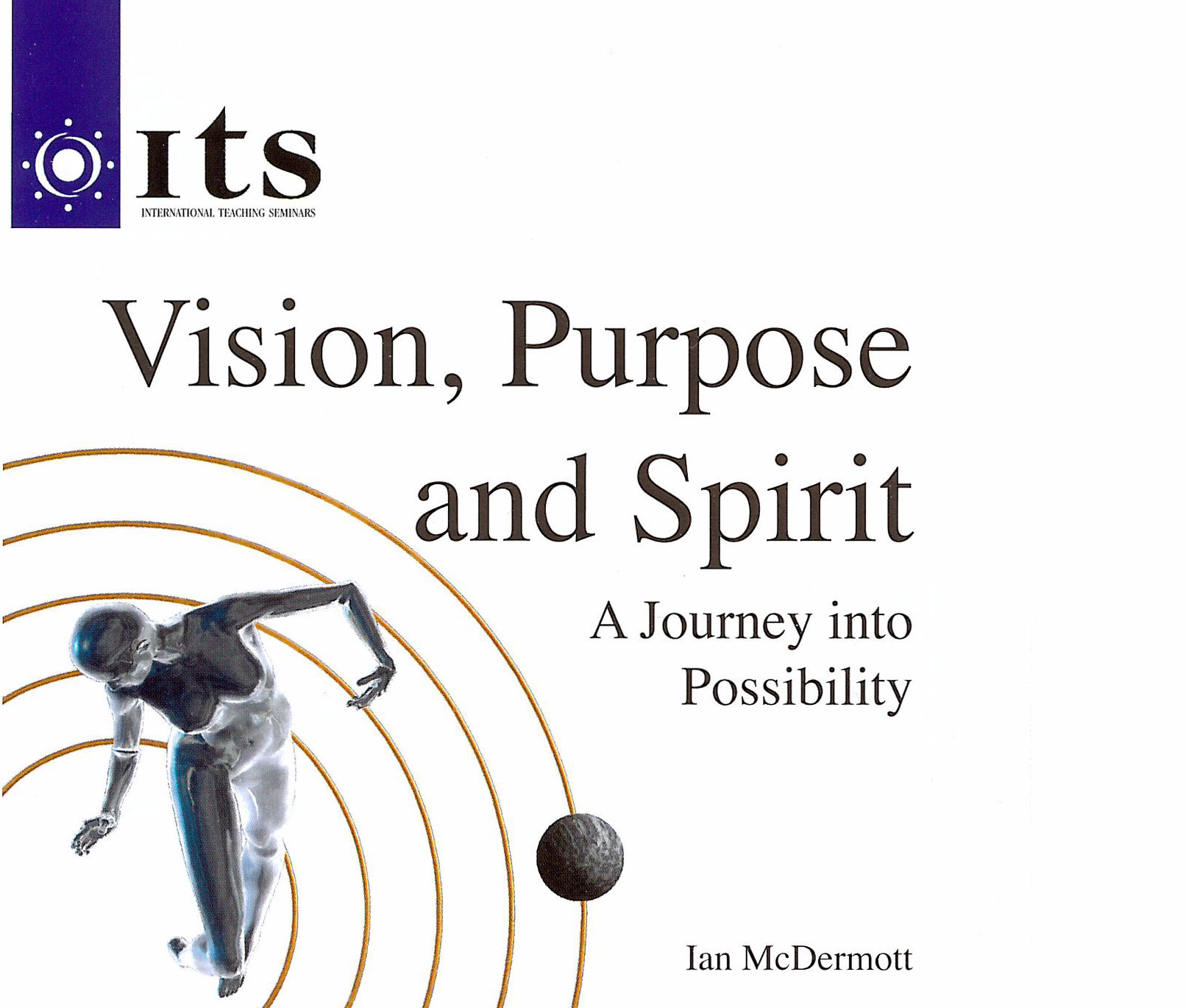In the realm of Bahá’í teachings, the concepts of spirit and vision embody profound principles that are fundamental to the faith. These principles not only provide a framework for personal growth but also encourage a transformative societal vision. This article delves into the intricate interplay between spirit and vision within the Bahá’í context, elucidating their significance and the intrinsic motivations that captivate individuals seeking a more profound understanding of their existence.
At the heart of Bahá’í belief lies the notion of an immutable spirit. This spirit transcends mere existence; it encapsulates the essence of humanity’s higher purpose. The Bahá’í writings frequently emphasize the existence of a spiritual realm that operates alongside the material world. The spirit is viewed as the eternal essence of a human being, imbued with qualities that aspire toward love, unity, and knowledge. Such perspectives challenge an often superficial understanding of the self, prompting individuals to contemplate deeper existential queries about their origins and ultimate destinies.
Spirit, in Bahá’í teachings, is not merely an abstract concept; it is an active force that informs one’s actions, attitudes, and interactions with others. It is the impetus behind the quest for truth and understanding. Engaging with one’s spirit involves a commitment to personal development, characterized by the cultivation of virtues such as compassion, justice, and humility. This growth is seen as crucial for fostering a well-rounded individual who can contribute meaningfully to society.
Moreover, the relationship between spirit and vision underscores the importance of setting aspirational goals for oneself and the community. Vision, in this context, refers to the cognitive and spiritual clarity that directs one’s desires and ambitions. A well-nurtured vision fosters hope, conjuring a future in which human potential is realized in harmony with divine principles. The Bahá’í Faith contends that a communal vision—rooted in the principles of unity and diversity—is indispensable for creating an equitable and just society.
One of the most fascinating aspects of Bahá’í vision is its universality. It is not confined to a particular demographic or geographic location but is expansive in scope. The Bahá’í teachings advocate for a global perspective, urging adherents to consider humanity as a single, interconnected entity. This perspective is contrary to the often prevalent materialistic and nationalistic attitudes that fragment societies. In essence, it nudges individuals to transcend their immediate surroundings and to recognize the broader human family to which they belong.
The common observation that many individuals yearn for deeper meaning in their lives often stems from a disconnection from both spirit and vision. In contemporary society, where distractions abound and existential questions remain unanswered, the pursuit of deeper spiritual insights provides a compelling antidote. The allure of the Bahá’í teachings lies in their ability to address this longing, encouraging adherents to develop a robust inner life while actively participating in the creation of a better world. This dual focus on self and society captures the profound appeal of these teachings.
Bahá’í teachings advocate for the continuous alignment of one’s vision with spiritual principles, suggesting that the clarity of vision cannot flourish without spiritual underpinnings. This alignment is vital in sustaining motivation and resilience in the face of challenges. Spiritual vision, therefore, entails the ability to foresee potential pathways that lead toward collective advancement, grounded in ethics and morality. Such foresight often inspires individuals to undertake humanitarian endeavors, where the benefits are felt beyond personal achievement.
The dynamic intersection of spirit and vision also invites individuals to engage in academic study and reflection. The Bahá’í tradition encourages a deep dive into various fields of knowledge, positing that a well-rounded intellect is a boon to both personal and spiritual development. This emphasis on education serves a dual purpose: it enhances individual capabilities while also enriching the collective understanding of truth. Thus, through rigorous exploration, individuals build a cohesive vision that is informed by varied perspectives and experiences.
Moreover, the concept of collective vision in Bahá’í teachings encompasses not only the aspirations of individual Bahá’ís but also the universal ideals of justice, equality, and harmony among all peoples. This collective vision cultivates a sense of responsibility where individuals see themselves as stewards of the world, tasked with the noble goal of fostering unity. In this regard, vision becomes a catalyst for community building, encouraging collaborative efforts that transcend cultural and national barriers.
Ultimately, Bahá’í teachings on spirit and vision serve as a clarion call for humanity. They invite individuals to embark on an inward journey while simultaneously fostering outward connections that enhance societal well-being. As adherents strive to harmonize their spiritual essence with a vision that uplifts collective existence, they contribute to a paradigm shift that could redefine humanity’s trajectory. The enchantment of these teachings lies in their timeless relevance and their capacity to resonate deeply with those who seek a life rich in purpose and meaning.
In conclusion, the Bahá’í teachings illuminate a path where spirit and vision coalesce to shape a more compassionate society. This synthesis prompts individuals not only to reflect on their personal journey but also to embrace a broader narrative of unity and service. By nurturing the spirit and refining vision, one engages in a profound and rewarding exploration of both self and the interconnected universe.
